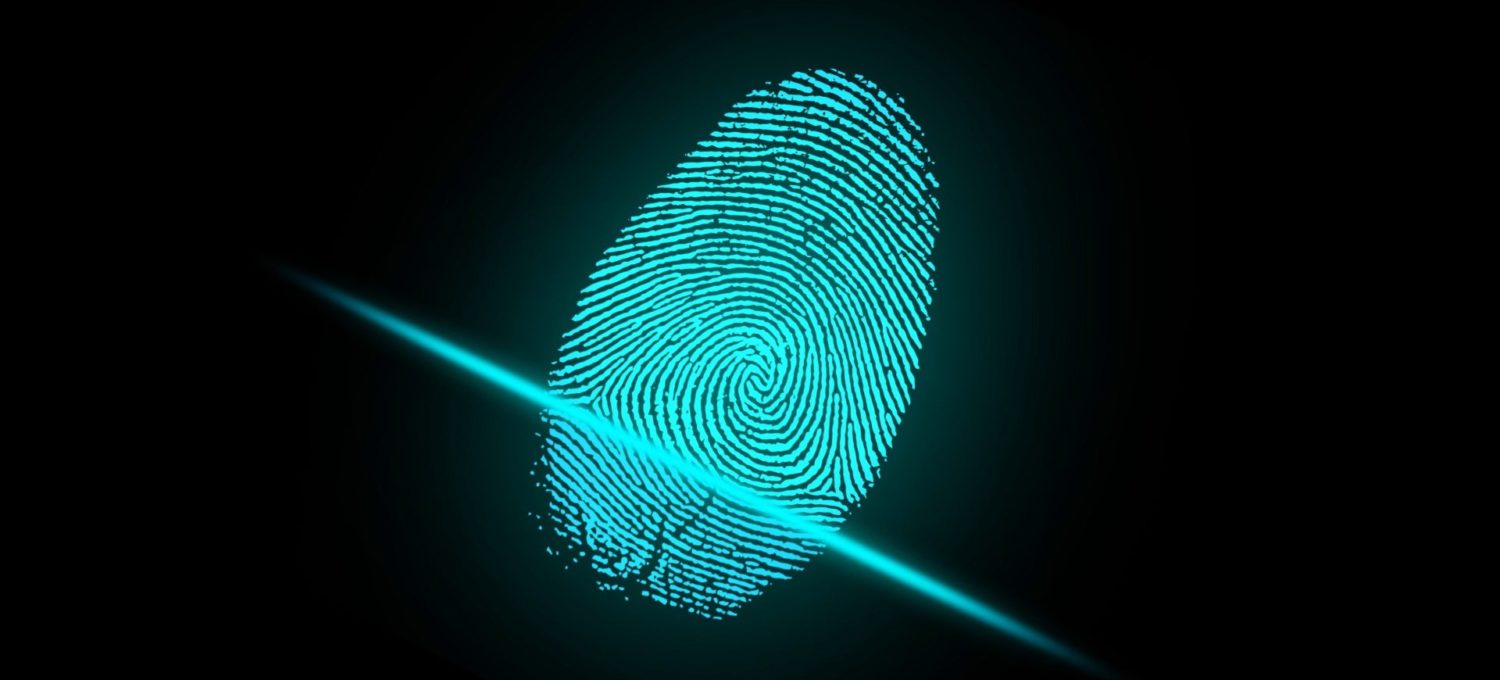We all need to be more careful when it comes to cybersecurity. In the modern world we are always on, always connected, and that means we are always a target for malware attacks, hacks, and online scams. However, it is not all bad news. If you follow a few simple rules to protect yourself and your devices then you can remain safe online.
1. Use unique strong passwords
We have been shouting about the need for everyone to use better passwords for about as long as we have been publishing online, but it is now easier than ever to have unique long, random, and secure passwords for every website and app thanks to the rise of password managers. If you are not already using a password manager then look at 1Password or BitWarden, which both offer great security tools and make it easy to keep your passwords secured and synced up across your devices.
It does not matter whether you are signing up for a niche forum, a financial service, or whether you are just looking to play games or bet online, then make sure that every password you have is unique – and keep them saved in your password manager.
2. Enable two factor authentication (2FA) where available
Strong passwords are important, but if you have 2FA switched on to login to your most important apps or websites then you are doubly secure. Two factor authentication means that alongside the password, to access a site or app you also need access to a mobile phone or other device, where you will get a code from an authenticator app or receive a text message to make absolutely sure the person accessing the account is you and not someone else who has somehow managed to find your password.
2FA can be a little slow and cumbersome, but it is critical that you enable it for accessing online services such as banks, credit cards, PayPal, and other similar platforms that are common targets for hacking groups looking to get access to people’s money or personal information.
3. Keep your antivirus up-to-date
Antivirus tools continually scan your device to make sure that any software you install or files you download are free from viruses, trojans, or other malware that may potentially harm your device or steal your data. Modern antivirus engines from the likes of Bitdefender and F-Secure are lightweight, reasonably priced, and should keep your devices protected from threats – but only if you keep them up-to-date!
Most antivirus tools today will automatically download and install updates behind the scenes, so just make sure you do not keep hitting the pause button to stop these updates being installed. New vulnerabilities are being discovered every day and up-to-date antivirus is one of the best ways to keep these threats at bay.
4. Keep your operating system, browser, and other software up-to-date
Antivirus software helps protect your device, but software developers also regularly put out updates and security fixes to fix any potential exploits in their codebase and so it is also worth staying on top of the latest updates for your operating system (ie. Windows, ChromeOS, MacOS, or Linux), mail client (ie. Outlook, Mac Mail, or Thunderbird), and web browser (ie. Chrome, Firefox, Edge, or Safari). Microsoft, Google, Apple, and Mozilla put out updates regularly, so again just remember to allow them to install and don;t put them off for too long.
Avoid downloading from unknown sources
Most of the software we download and install these days comes from official app stores such as Apple’s App Store and Google Play Store, but not everything comes from such curated and secure platforms. If you are downloading files or software from other places online, then make sure that you can trust the source.
Use a VPN when using WiFi outside of your home or office
Virtual private networks or VPNs have been heavily promoted in recent years as a way to keep your information safe and for good reason. If you are connecting to WiFi outside of your home or office, then there is no way to know how secure or legitimate that connection is, and so a VPN is critical to make sure your data is not seen by prying eyes. Mullvad and Ivacy are both highly regarded and secure VPNs, but there are numerous options around to choose from – but remember that whilst a VPN will stop a WiFi operator or your ISP from seeing your data, they may be able to see it – so make sure to only choose a long-established and trusted provider.

